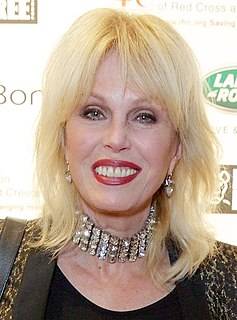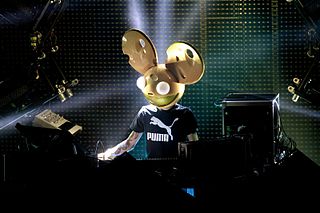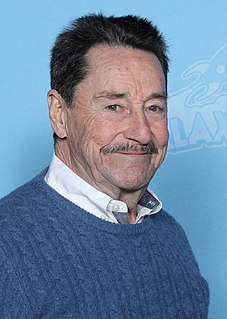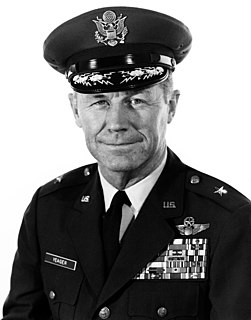A Quote by Joanna Lumley
NASA space scientists have been studying giraffe skin so they can apply what they learn from it to the construction of spacesuits.
Quote Topics
Related Quotes
We need to be very thoughtful about how we propose to spend the money that NASA does have for space exploration. And we need to be clear that there's the human spaceflight part of NASA, and there's the science space part of NASA, and there's also aeronautics. Those are all very different things that NASA does.
I'm always involved with the Aerospace Program and NASA and Goddard Space Flight Center. And if kids feel so inclined, they can log onto NASA and the Optimus Prime Spinoff Award, which we present every year to some of the brilliant young minds that are taking up into the academics of space, science, technology, math.
The Russians have been flying long duration crews since the early '70's. And in the early days, they've ended at least two missions early because of conflicts within the crew. So, they learned early on the importance of studying this and making sure you put the right crew together. Since we began our work together on the International Space station with the Russians in the early 2000's, NASA has started to learn the importance of this kind of work. And so, I think it's important work and we are not fully onboard and recognize it as important.
I believe that space travel will one day become as common as airline travel is today. I'm convinced, however, that the true future of space travel does not lie with government agencies -- NASA is still obsessed with the idea that the primary purpose of the space program is science -- but real progress will come from private companies competing to provide the ultimate adventure ride, and NASA will receive the trickle-down benefits.
It was in the back of my mind, even while I was going to school, but it wasn't until I was at university studying engineering that I thought, well what do I really want to do? And I kind of came back to that and I said, well the degrees I'm trying to get are going to qualify me to apply. And so, that's what I did after I finished my, or after I was getting my doctorates. That's when I first applied to NASA.
It has only been within my lifetime that asteroids have been considered a credible threat to our planet. And since then, there's been a focused effort underway to discover and catalog these objects. I am lucky enough to be part of this effort. I'm part of a team of scientists that use NASA's NEOWISE telescope.


































